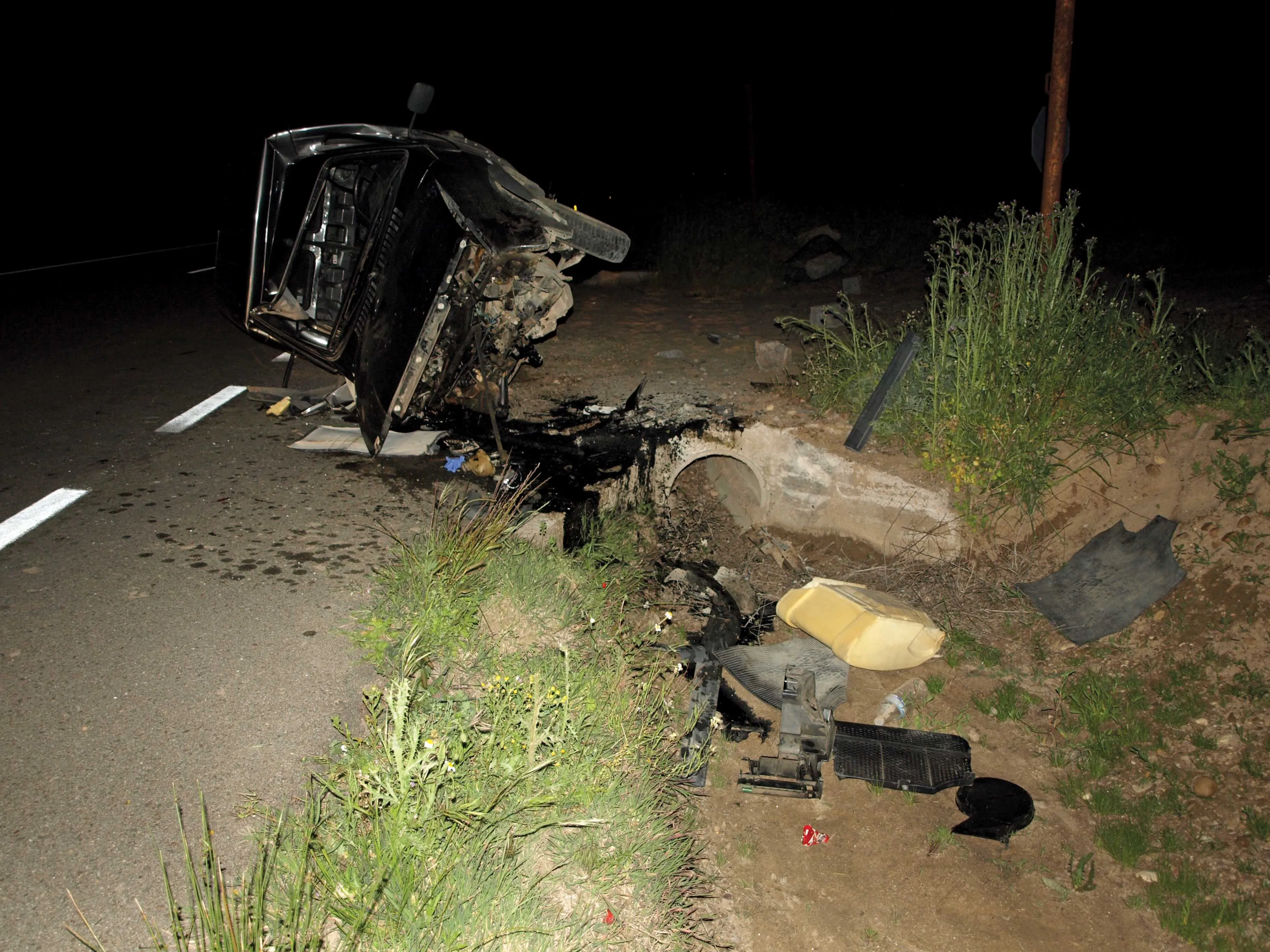The authorities in Thai capital Bangkok are launching a new mass media campaign aimed at increasing awareness around helmet use. This is a critical road safety issue in a country where over 60% of motorists use motorcycles. In collaboration with Vital Strategies and the Bloomberg Philanthropies Initiative for Global Road Safety (BIGRS), Bangkok’s campaign will encourage motorcyclists to wear helmets. The campaign will also encourage powered two wheeler riders to properly fasten helmet buckles, a key compone
July 26, 2016
Read time: 3 mins
The authorities in Thai capital Bangkok are launching a new mass media campaign aimed at increasing awareness around helmet use. This is a critical road safety issue in a country where over 60% of motorists use motorcycles. In collaboration with Vital Strategies and the Bloomberg Philanthropies Initiative for Global Road Safety (BIGRS), Bangkok’s campaign will encourage motorcyclists to wear helmets. The campaign will also encourage powered two wheeler riders to properly fasten helmet buckles, a key component of helmet use and to prevent head trauma from crashes.
Road crashes involving motorcycles are a significant cause of death and injury in Bangkok, where in 2015, 564 motorcycle deaths and 33,295 injuries were reported. Greater use of helmets and best practice standards, such as properly buckling chin and neck straps, can reduce the risk of death by almost 40% and risk of serious injury by 72%. A mass media campaign, in collaboration with strong police enforcement needed to change risky road behaviour, can increase helmet wearing compliance and prevent motorcycle-related road crash deaths and injuries.
“More than 1.2 million people are killed in road crashes every year, with millions more sustaining severe and often debilitating injuries,” said José Luis Castro, president and chief executive officer of Vital Strategies. “In cities like Bangkok where motorcycles are the majority of vehicles on the road, wearing helmets is the most effective strategy to combat preventable deaths and severe head trauma. Yet, unless motorcyclists are faced with enforced penalties for breaking the law – penalties that push people to reduce risky behaviour – this epidemic will continue. We’re grateful that Bangkok and its police force are prioritising helmet use enforcement that, coupled with this mass media campaign, will send a strong message to motorcycle drivers and riders to obey the law and protect themselves at the same time.”
Thailand is a prime candidate for road safety improvement. According to a survey by the World Health Organisation, Thailand’s roads are second only to those of Libya in terms of danger.
Bangkok will use television and social media to promote the campaign and inform residents on why proper helmet use is so important to preventing serious injuries or fatalities resulting from road crashes. The campaign will run through September 2016 and is part of a global, 10 city program spearheaded by BIGRS and coordinated by Vital Strategies to reduce road crashes in major cities around the world.
Road crashes involving motorcycles are a significant cause of death and injury in Bangkok, where in 2015, 564 motorcycle deaths and 33,295 injuries were reported. Greater use of helmets and best practice standards, such as properly buckling chin and neck straps, can reduce the risk of death by almost 40% and risk of serious injury by 72%. A mass media campaign, in collaboration with strong police enforcement needed to change risky road behaviour, can increase helmet wearing compliance and prevent motorcycle-related road crash deaths and injuries.
“More than 1.2 million people are killed in road crashes every year, with millions more sustaining severe and often debilitating injuries,” said José Luis Castro, president and chief executive officer of Vital Strategies. “In cities like Bangkok where motorcycles are the majority of vehicles on the road, wearing helmets is the most effective strategy to combat preventable deaths and severe head trauma. Yet, unless motorcyclists are faced with enforced penalties for breaking the law – penalties that push people to reduce risky behaviour – this epidemic will continue. We’re grateful that Bangkok and its police force are prioritising helmet use enforcement that, coupled with this mass media campaign, will send a strong message to motorcycle drivers and riders to obey the law and protect themselves at the same time.”
Thailand is a prime candidate for road safety improvement. According to a survey by the World Health Organisation, Thailand’s roads are second only to those of Libya in terms of danger.
Bangkok will use television and social media to promote the campaign and inform residents on why proper helmet use is so important to preventing serious injuries or fatalities resulting from road crashes. The campaign will run through September 2016 and is part of a global, 10 city program spearheaded by BIGRS and coordinated by Vital Strategies to reduce road crashes in major cities around the world.






